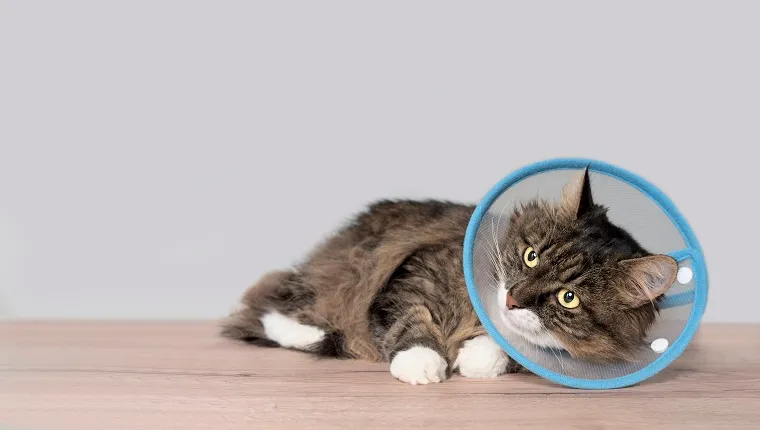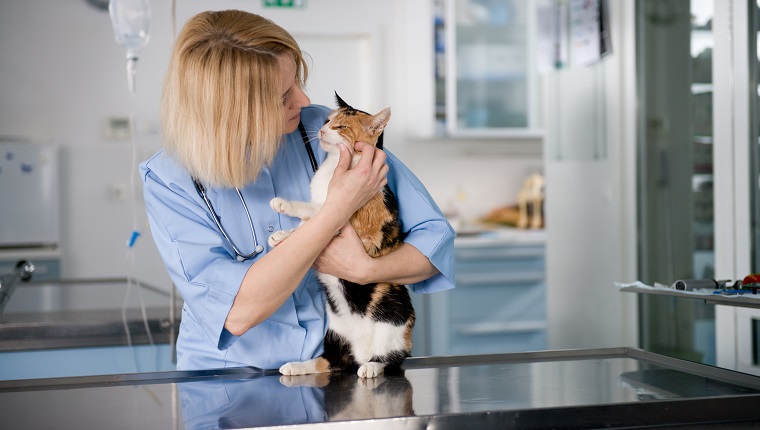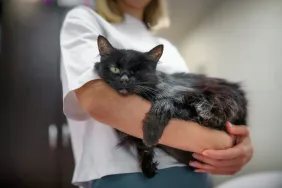Mast cell tumors in cats come about when normally healthy mast cells abnormally mutate. Mast cells are usually a key part of a cat’s immune system.
These tumors can be either malignant or benign, and they mostly affect older felines. They’re also called mastocytomas.
If you see symptoms or signs of tumor development in your cat, then you must get to a veterinarian for a proper diagnosis and treatment. Here’s what you should know about the symptoms, causes, and treatments for mast cell tumors in cats.
Symptoms Of Mast Cell Tumors In Cats
Mast cell tumors in cats usually appear as lumps that can be seen and felt under a cat’s skin.
Some of the main symptoms of mast cell tumors in cats include:
- A raised bump or lump
- Redness or loss of hair around the bump
- Ulcers
- General loss of appetite and seeming more lethargic
Causes Of Mast Cell Tumors In Cats

The causes of mast cell tumors in cats are mostly unknown, as is often the case with cancers and tumors.
These tumors come about when a healthy mast cell mutates and begins to spread. Vets and scientists have not yet pinpointed a cause or causes of these mutations.
Treatments For Mast Cell Tumors In Cats
If your veterinarian suspects that your cat has a mast cell tumor, they’ll carry out a physical examination, with a special emphasis on any lumps or growths.
After that, they’ll perform a biopsy, usually by a technique known as fine needle aspiration where they’ll use a needle to extract cells from the cat and then examine them under a microscope.
When it comes to treatment, vets will usually perform an operation to remove the tumor. They’ll carry this out while your cat is under anesthesia.
In severe cases, your vet might suggest a course of chemotherapy. This will involve giving drugs to your cat with the goal of attacking and defeating the cancer cells.
While your cat is recovering from mast cell tumors, it’s imperative that you provide a calm and relaxed living environment. Take steps to remove anything that might unduly stress or worry your kitty.
Has your cat ever had a mast cell tumor? What steps did your vet take to help your kitty recover? Let us know in the comments section below.









